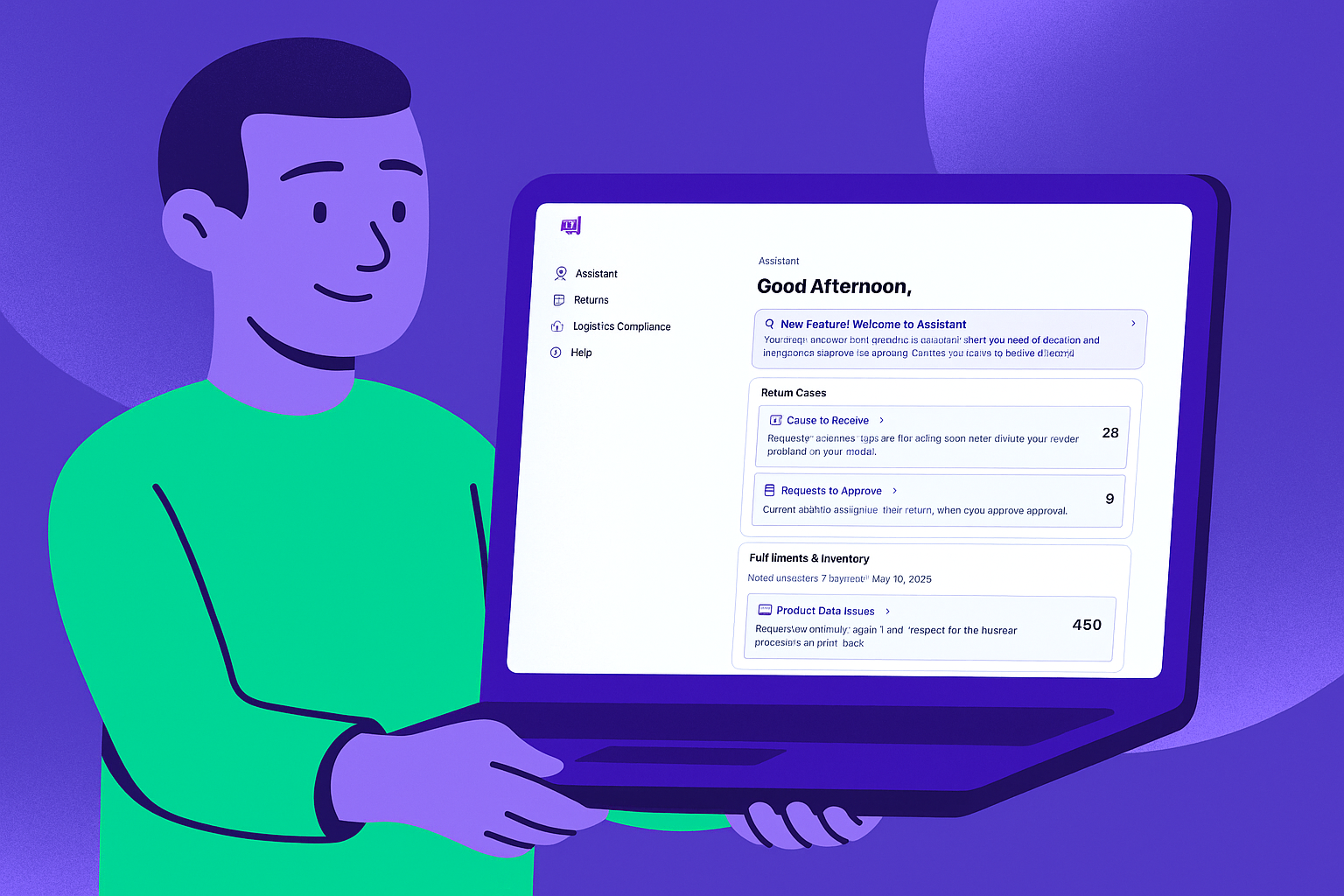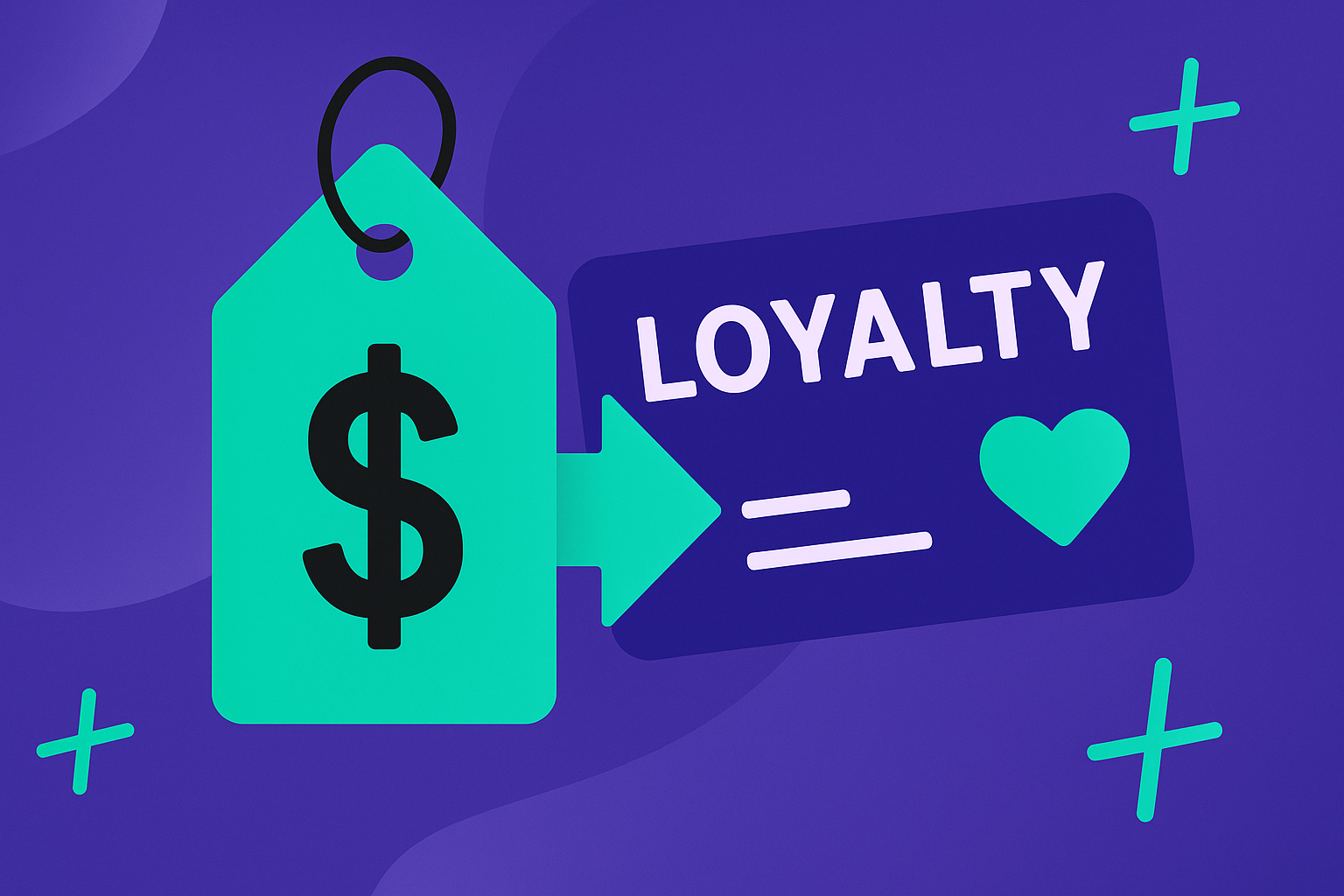RIP de minimis. For real this time.
Global eCommerce just hit another turning point, and this time, it’s permanent. In case you missed it on Friday, July 4th, 2025, President Donald Trump signed the “One Big Beautiful Bill Act,” which officially ends the U.S. de minimis exemption as of July 1, 2027. This means that imports under $800 will no longer enter duty- and tax-free, with few exceptions for travel purchases and bona fide gifts. Civil penalties for misusing the exemption begin almost immediately, starting at $5,000 per violation. Combined with the May 2025 ban on de minimis shipments from China and Hong Kong, this legislation signals a seismic shift in how low-value goods cross borders.
For years, merchants and marketplaces relied on this exemption to bypass tariffs and keep cross-border shipping cheap and fast. Think Temu and Shein, who used the loophole to flood the U.S. market with inexpensive products while avoiding customs scrutiny. But now, with more brands on the hook for duties and more consumers at risk of surprise delivery fees, global merchants are being forced to rethink their fulfillment and returns strategies—fast.
Let’s be realistic. Merchants are paying more in duties than ever before and faced with a choice: pass that cost to the buyer or eat it. We have already seen retailers pull products from the US market. Large web banners proclaiming “We are not currently shipping to the United States” have greeted shoppers eager to find their next online purchase. Others quietly removed half of their online catalogs that were coming from China. With total social e-commerce sales in the United States expected to reach $1.2 trillion by 2025, that represents a significant amount of revenue to leave on the table.
The smartest move? Cover the costs to keep your conversion rates high and avoid losing your customers. Those price increases are hitting customers hard, and they won’t forget a bad experience or a bill when their package arrives.
But how do you offset the increased cost of covering those duties? Smarter logistics. Start with combining DDP with forward fulfillment on returns. By covering duties upfront and keeping inventory closer to the end customer, brands can reduce cart abandonment, lower shipping costs, simplify returns, and maintain conversion rates in an increasingly complex global market.
Refresher: Delivered Duty Paid (DDP) means the merchant covers duties and taxes up front, ensuring a frictionless delivery for the customer. Delivered Duty Unpaid (DDU), on the other hand, leaves those charges to the buyer, often resulting in surprise fees, customs delays, and unhappy customers.
Now that more shipments are facing duties regardless of value, this decision has never been more critical. Here’s why DDP should be your default and how forward-filling your returns with ReturnBear’s service makes it even smarter.
Why DDP Beats DDU in a Post–De Minimis World
1. No Surprise Fees = Higher Conversions
With DDP, your customers know exactly what they’re paying at checkout. This transparency reduces cart abandonment and boosts trust. When shoppers are hit with duties at delivery, they often refuse the order altogether or leave frustrated reviews.
2. Fewer Delivery Delays
DDU orders can get held up at customs, leading to longer delivery times and angry customers. DDP shipments breeze through with all duties prepaid, creating a better delivery experience and improving customer satisfaction.
3. Lower Support Volume
With no surprise charges or customs issues, your team spends less time on “Where’s my package?” emails or refund requests due to refused deliveries.
"That first order was a great example showing the value of the [forward fulfillment] program. It was for a sandal in a size that we didn't have in-stock. If we waited for the next return batch to our warehouse, then it would be received back into stock, and back on the site - sandal season is nearly done. Instead we got that sale now. " - Manny Alamwala, Director of Ecommerce, Palladium Boots Canada
But DDP Alone Isn’t Enough—Here’s Where Forward Fulfillment Wins
Even with DDP, international returns are messy (or as we say, "un-bear-able"). That’s where forward fulfillment comes in. By positioning inventory and managing returns within the destination country, you avoid the cost, complexity, and carbon footprint of shipping everything back.
ReturnBear’s model offers major advantages:
- Less Paperwork, Less Hassle
Cross-border returns often require customs declarations, drawback processes, and reconciliation headaches. Local returns simplify compliance and free up your team to focus on growth, not forms. - Seamless Returns & Restocking
Returns are verified, processed, and restocked in-country, eliminating customs paperwork and getting product back on shelves faster. This is critical in high-return categories like fashion, beauty, and footwear, where turnaround speed directly impacts margin. - Faster, Cheaper Delivery
By keeping returns local and inventory closer to the end customer, merchants can offer faster delivery windows without international shipping costs. This leads to lower shipping costs (30–60% savings) and fewer refund support tickets.
Our Take: Combine DDP with Forward Fulfillment for the Win
We’re actively recommending that merchants cover duties and taxes on behalf of their customers (via DDP) and enable forward fulfillment to reduce the downstream complexity of returns.
This strategy protects your conversion rate, unlocks faster restocking, and reduces operational drag. It’s not just about customer experience—it’s about unlocking profitable global growth.
Want to explore how ReturnBear can support your DDP and forward fulfillment strategy? Let’s talk.













.jpg)






%20(1).jpg)







































